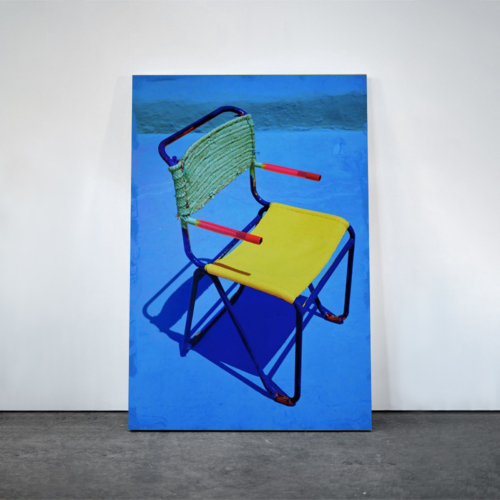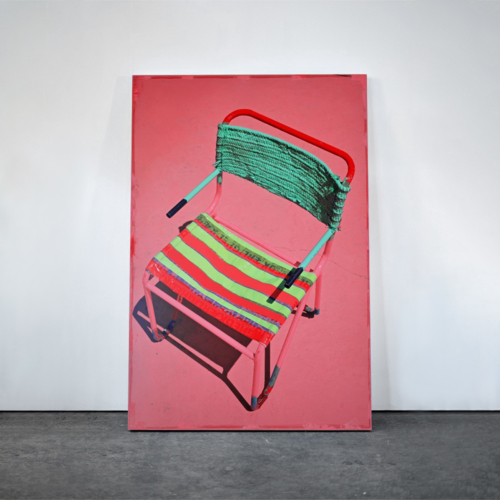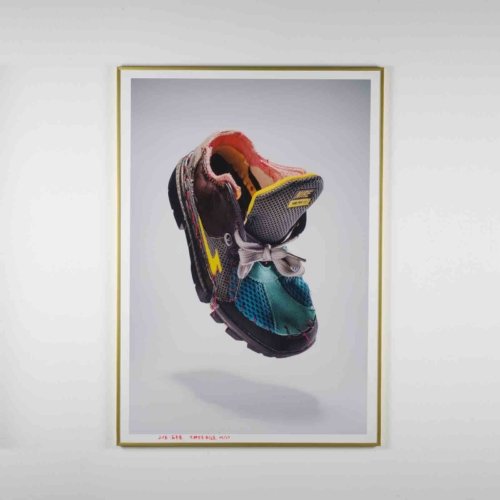Contraband 01
From its inception, the Bauhaus and its timeless geometric aesthetic carried a hegemonic undercurrent. Its luminaries were among the first to realize that mass production designs could restore uniformity in a fragmented society. Inspired by the movement, Dutch designer W.H. Gispen conceived the Diagonal chair in 1927. Although the frame consisted of a continuous length of tubular steel, one model of the chair had a rustic rattan seat that apparently rejected the Bauhaus principle of alienation from human handicraft. Since that era, the trajectory of globalism makes the Bauhaus creed seem ever more prophetic.
In Morocco, a design is never viewed as a finished product; allowing users the freedom to interpret and adapt the product as they see fit. Sander Wassink initiates a dialogue between indigenous Moroccan aesthetics and global industrialism in his reconstruction of the Diagonal chair. He spent nine days in Sefrou, a small city in Morocco, working with local artisans who modify the chair using materials found on the street. Photographs of the chair’s incarnations demonstrate the fluidity of Moroccan design while separating the resultant pieces from the chair itself.
Ro Edition - Limited Edition of 5 pieces
Price on request






